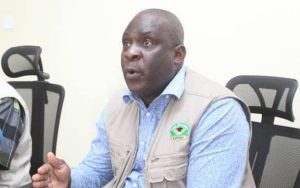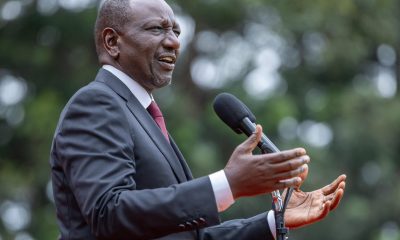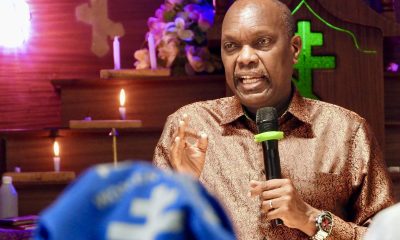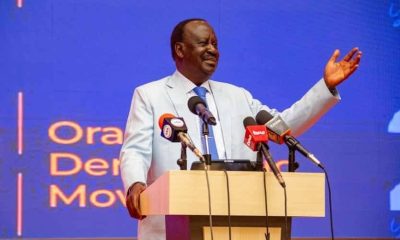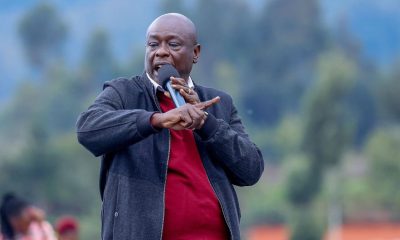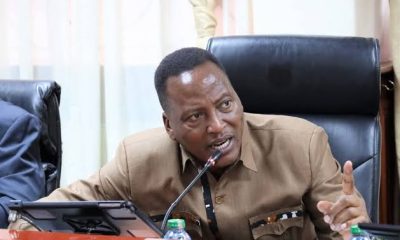News
Each Teacher Received Sh10,000 During State House Meeting With Ruto, KUPPET Boss Confirms
The Ksh100 million expenditure on transport reimbursements alone has raised questions about fiscal priorities at a time when many Kenyans are grappling with economic hardship.
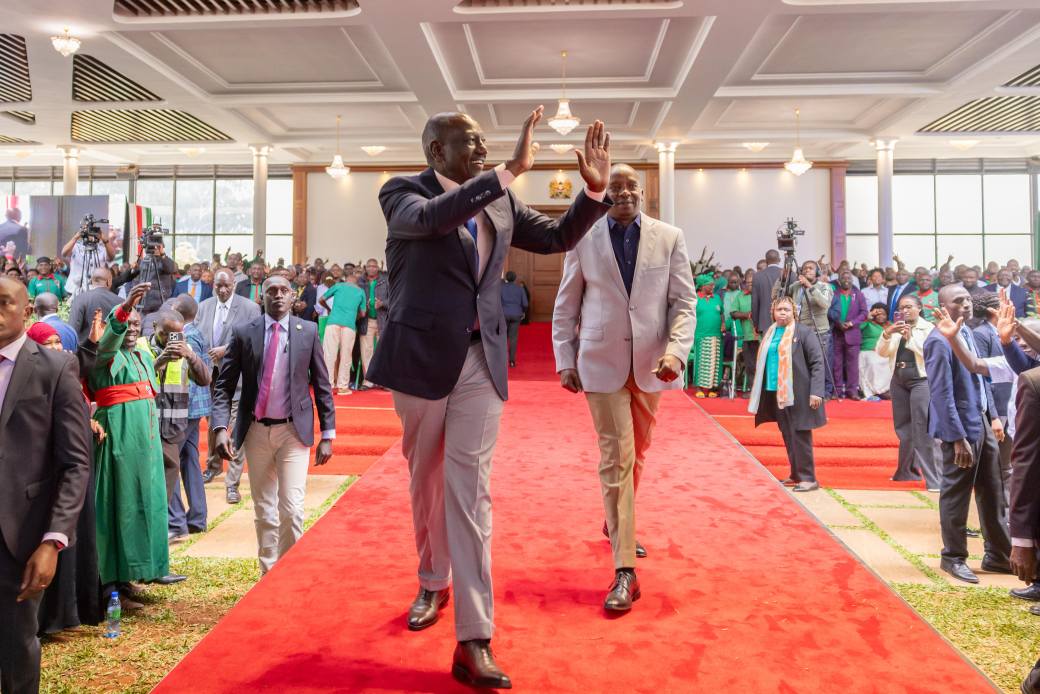
A confirmation that has sparked heated political debate emerged Tuesday as Kenya Union of Post-Primary Education Teachers (KUPPET) National Chairman Omboko Milemba revealed that each of the 10,000 teachers who attended last Saturday’s State House meeting received Ksh10,000 as “transport reimbursement,” totaling a staggering Ksh100 million expenditure.
Speaking during a television interview on Citizen TV, the Emuhaya Member of Parliament defended the payments while emphasizing that the teachers’ visit to State House was not motivated by financial gain but rather by pressing educational concerns requiring presidential attention.
“Teachers never went to State House just for money. Teachers were going to look at their issues,” Milemba stated emphatically during the Tuesday morning show. “Transport reimbursement for teachers was Ksh10,000.”
The revelation comes amid growing scrutiny of President William Ruto’s frequent hosting of large delegations at State House, with critics questioning both the cost and effectiveness of such meetings in addressing substantive policy issues.
The meeting, which brought together representatives from major teacher unions including the Kenya National Union of Teachers (KNUT), KUPPET, the Kenya Primary Schools Heads Association (KEPSHA), and the Kenya Secondary Schools Heads Association (KESSHA), was initially presented as a consultative forum to address educator welfare and working conditions.
According to Milemba, the teachers achieved significant breakthroughs during their audience with the President.
Most notably, they secured an accelerated timeline for implementing their Collective Bargaining Agreement (CBA) with the Teachers Service Commission.
The agreement, initially valued at Ksh33.8 billion and scheduled for implementation over four years, will now be executed within two years following the presidential intervention.
“The CBA which was Ksh33.8 billion was to be paid in 4 years and after interaction with the President, we came to an agreement that it would be paid in 2 years,” the KUPPET chairman explained, highlighting what he described as a major victory for educators nationwide.
Additionally, the meeting addressed the employment freeze affecting P1 teachers, many of whom had been facing the prospect of retirement before securing employment opportunities.
Milemba confirmed that these teachers would begin receiving employment during the next financial year, ending a prolonged period of uncertainty that had left many qualified educators in limbo.
However, the meeting’s outcomes and conduct drew sharp criticism from opposition legislators, with Githunguri MP Gathoni Wamuchomba delivering a scathing rebuke of both the event’s purpose and its broader implications for democratic governance.
“What I saw in State House was a meeting to create a perception that the President has the support of teachers but the critical issues are never discussed,” Wamuchomba argued, questioning the substantive value of the highly publicized gathering.
The legislator expressed particular concern about what she characterized as executive overreach, arguing that the President was bypassing Parliament’s constitutional role in budget allocation and policy formulation.
Her criticism touched on fundamental questions about the separation of powers and democratic accountability.
“This report (CBA) was supposed to be discussed in Parliament. Budgets are allocated by the National Assembly so when the President says that they are going to review capitation, he is showing that he has taken the role of Parliament and has become a dictator,” Wamuchomba stated, using unusually strong language to describe the constitutional implications.
The MP’s criticism extended beyond procedural concerns to encompass what she viewed as a broader pattern of political theater that diminished the dignity of public service and democratic discourse.
“I am disappointed that teachers are being taken for a ride and can be paraded in State House just for a meal and dance,” she concluded, referencing the celebratory atmosphere that characterized much of the State House gathering.
The controversy reflects deeper tensions within Kenya’s political landscape, where President Ruto’s administration has faced increasing scrutiny over its handling of public finances amid economic challenges.
The Ksh100 million expenditure on transport reimbursements alone has raised questions about fiscal priorities at a time when many Kenyans are grappling with economic hardship.
The debate also highlights ongoing tensions between different approaches to governance, with supporters arguing that direct presidential engagement with key stakeholders demonstrates responsive leadership, while critics contend that such meetings circumvent established democratic processes and constitute expensive political theater.
For Kenya’s teaching community, the meeting represents both an opportunity and a dilemma.
While concrete gains in terms of employment opportunities and accelerated CBA implementation offer tangible benefits, questions remain about the broader implications of accepting such arrangements and their impact on professional dignity and independence.
The controversy is likely to continue reverberating through Kenya’s political discourse as stakeholders grapple with fundamental questions about governance, accountability, and the appropriate use of public resources in addressing national challenges.
As the debate unfolds, it serves as a revealing lens through which to examine the intersection of politics, public service, and democratic governance in contemporary Kenya.
Kenya Insights allows guest blogging, if you want to be published on Kenya’s most authoritative and accurate blog, have an expose, news TIPS, story angles, human interest stories, drop us an email on [email protected] or via Telegram
-

 Business1 week ago
Business1 week agoEastleigh Businessman Accused of Sh296 Million Theft, Money Laundering Scandal
-

 Investigations7 days ago
Investigations7 days agoInside Nairobi Firm Used To Launder Millions From Minnesota Sh39 Billion Fraud
-

 Business1 week ago
Business1 week agoMost Safaricom Customers Feel They’re Being Conned By Their Billing System
-

 Business1 week ago
Business1 week agoEXPLOSIVE: BBS Mall Owner Wants Gachagua Reprimanded After Linking Him To Money Laundering, Minnesota Fraud
-
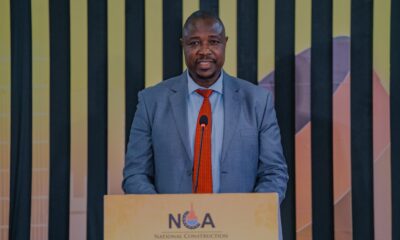
 News7 days ago
News7 days agoUnfit for Office: The Damning Case Against NCA Boss Maurice Akech as Bodies Pile Up
-
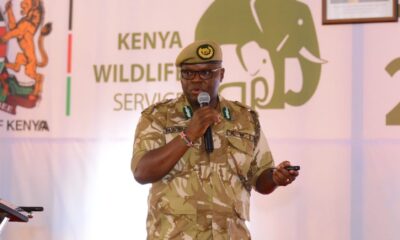
 News1 week ago
News1 week agoTax Payers Could Lose Millions in KWS Sh710 Insurance Tender Scam As Rot in The Agency Gets Exposed Further
-
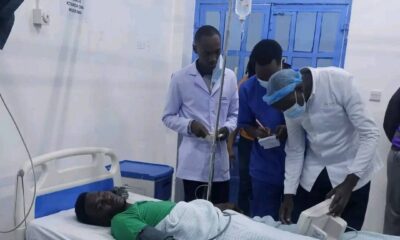
 News1 week ago
News1 week agoPastor James Irungu Collapses After 79 Hours Into 80-Hour Tree-Hugging Challenge, Rushed to Hospital
-

 Sports1 week ago
Sports1 week agoFury as Bettors Demand Probe Into Betika Over Alleged Unpaid Winnings

